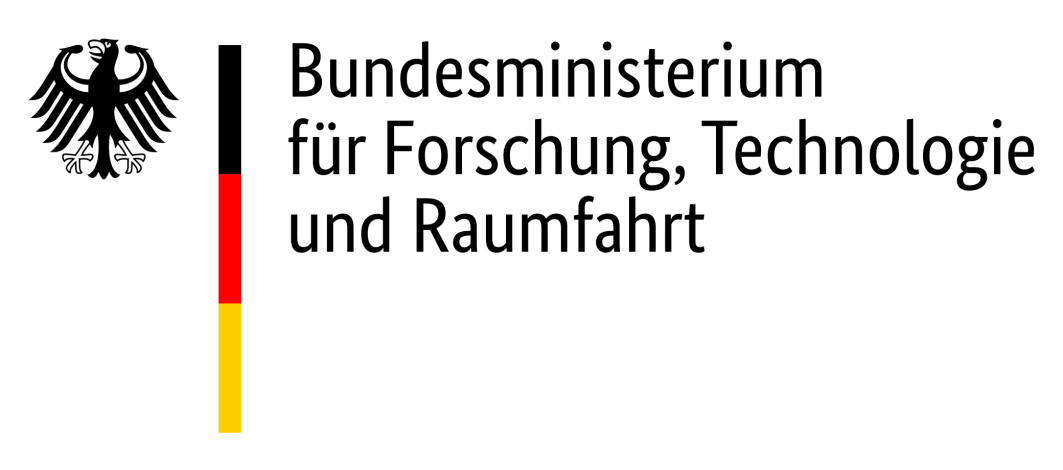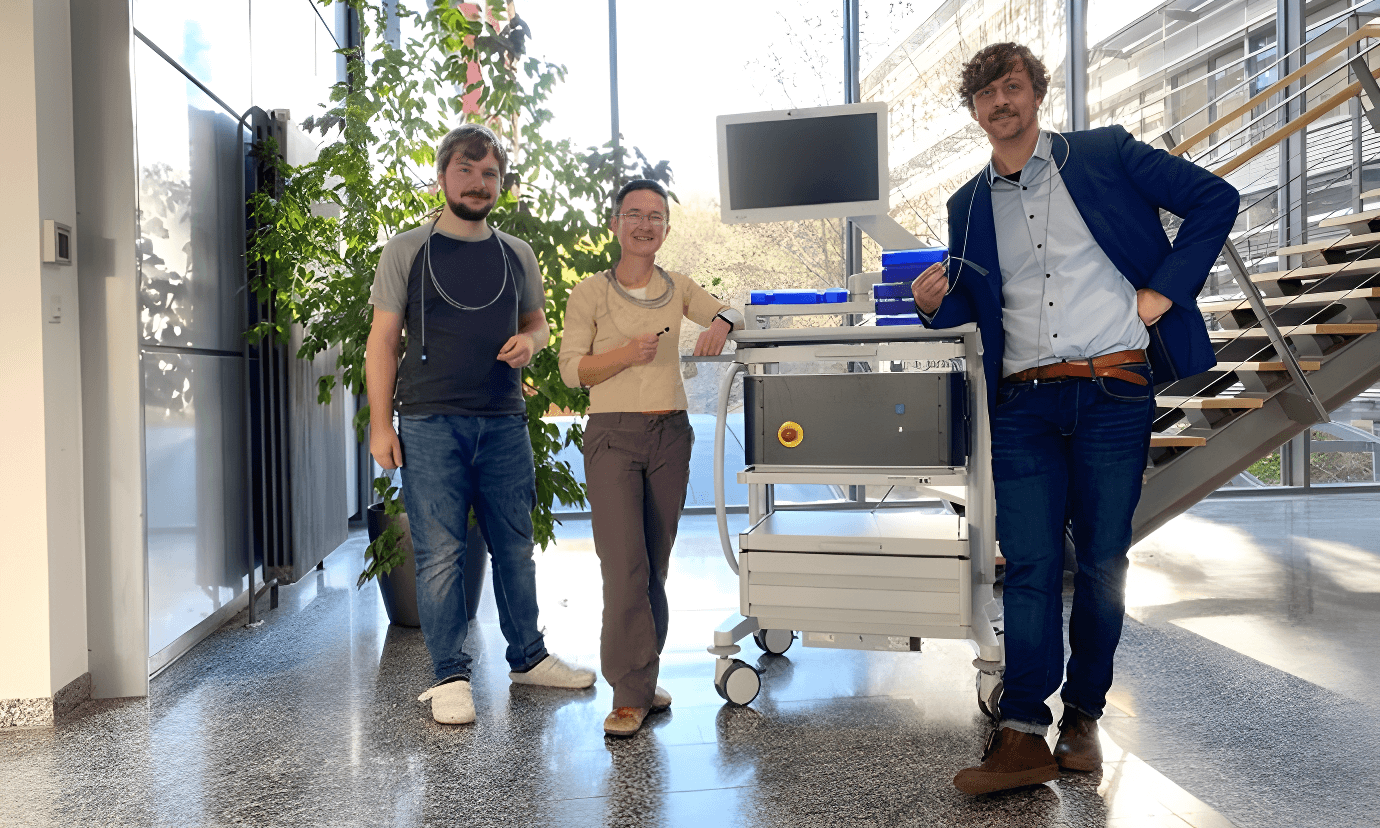Base Technology 1: Multidimensional, Multimodal, and Intelligent Imaging Platforms

Project period |
Mar 01, 2021 – May 31, 2026 |
Sponsor |
Federal Ministry of Research, Technology, and Space (BMFTR) |
Project Management |
|
Support |
VDI Technology Center |
Coordination |
Prof. Dr. Jürgen Popp (Leibniz IPHT) Prof. Dr. Christina Zielinski (Leibniz HKI) Prof. Dr. Volker Deckert (FSU) Prof. Dr. med. Matthias Pletz (JUH) |
Funding code |
13N15464 |
Research partner |
Leibniz Center for Photonics in Infection Research (LPI): Funding Statement
This work is supported by the BMFTR, funding program Photonics Research Germany (FKZ: 13N15464) and is integrated into the Leibniz Center for Photonics in Infection Research (LPI). The LPI initiated by Leibniz IPHT, Leibniz HKI, UKJ and FSU Jena is part of the BMFTR national roadmap for research infrastructures.

The four partner institutions collaboratively develop the basic technologies. Each institution is responsible for at least one of these technologies, under the coordination of its respective scientific coordinator. The project spokespersons are Prof. Dr. Jürgen Popp (Leibniz IPHT) and Dr. Brunhilde Seidel-Kwen (JUH). The scientific coordinators for the LPI Basic Technologies at Leibniz IPHT are Dr. Lisa Schmölz and Dr. Lina Herbst.
Project Vision
Understanding infection processes at the cellular and molecular level requires technologies that can visualize biological dynamics in unprecedented detail. Within the framework of the Leibniz Center for Photonics in Infection Research (LPI), the Base Technology 1 (BT1) project develops next-generation multidimensional, multimodal, and intelligent imaging platforms designed to capture both the morphological and chemical signatures of infection-related structures in real time.
The project addresses one of the central challenges in infection research: correlating structural, functional, and molecular information across spatial and temporal scales. Within this framework, our group at the Leibniz IPHT contributes two key areas of expertise: (i) probe-based imaging technologies, encompassing both linear and nonlinear modalities, and (ii) the development of advanced fiber-optic probes for spectroscopy and imaging. These include Raman, coherent anti-Stokes Raman scattering (CARS), second harmonic generation (SHG), fluorescence lifetime imaging (FLIM), and two-photon fluorescence (TPF). Together, this comprehensive optical toolbox enables high-sensitivity, high-specificity imaging of tissues, organ models, and even whole organs—capturing morphological and biochemical information simultaneously.
At the Leibniz Institute of Photonic Technology (Leibniz IPHT), our team focuses on the methodological and technological realization of these multimodal systems, as well as on developing adaptable hardware platforms. A central element of the effort is the construction of two invaScope systems, a series of fiber-optic probes, and a modular 19-inch multimodal rack system. Together, these instruments form a flexible foundation for future imaging experiments and diagnostic developments.
Building on this foundation, the current work explicitly extends the invaScope line initiated in the completed MIB project. Leveraging the outcomes and lessons learned, the present program advances from feasibility to robust, modular instrumentation prepared for broader imaging experiments and prospective clinical translation.

By combining optical innovation with intelligent data analysis, BT1 contributes to a new generation of imaging technologies that can reveal how pathogens interact with host systems and how therapeutic interventions take effect.
Related Publications
- Vasquez, David L., et al. “Cardiac Microanatomy Imaging Using Forward-viewing Optical Coherence Tomography Endoscope.” IEEE Transactions on Biomedical Engineering (2025), DOI: 10.1109/TBME.2025.3616493.
- Latka, Ines et al. “Raman Spectroscopy for Instant Bladder Tumor Diagnosis: System Development and In Vivo Proof-Of-Principle Study in Accordance with the European Medical Device Regulation (MDR2017/745)”. Cancers (2024), DOI: 10.3390/cancers16183238.
- Vasquez, David L., et al. “Colon tumor discrimination combining independent endoscopic probe-based Raman spectroscopy and optical coherence tomography modalities with Bayes rule.” International journal of molecular sciences 25.24 (2024): 13306, DOI: 10.3390/ijms252413306.
